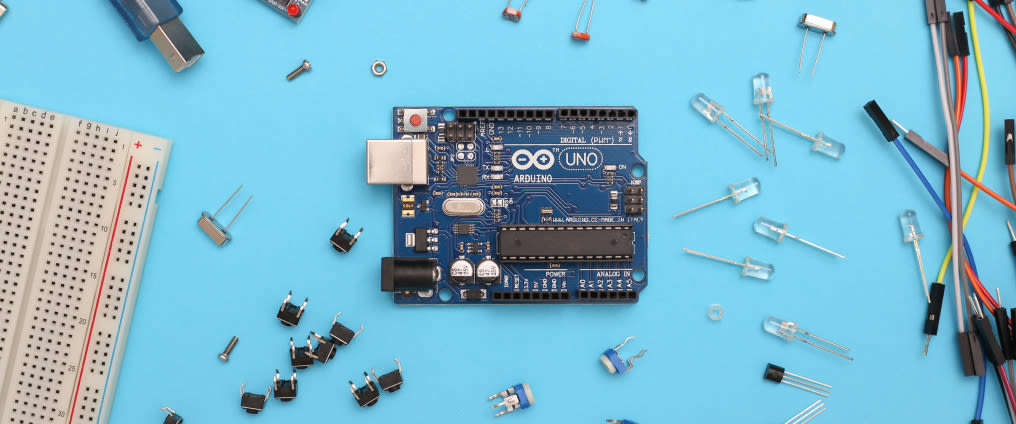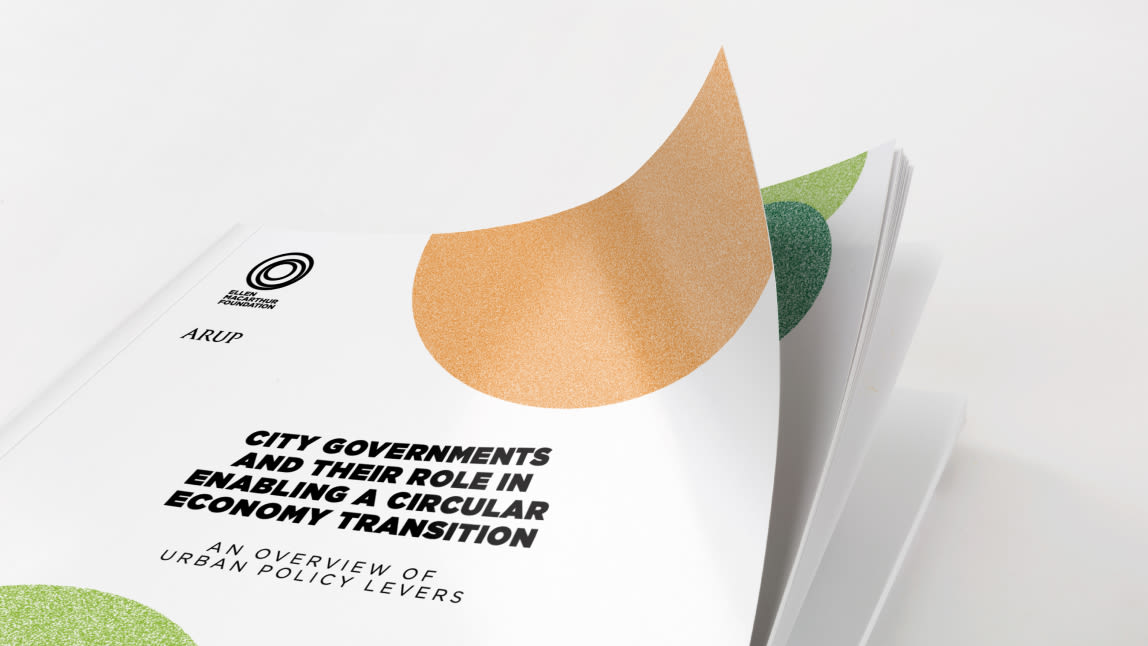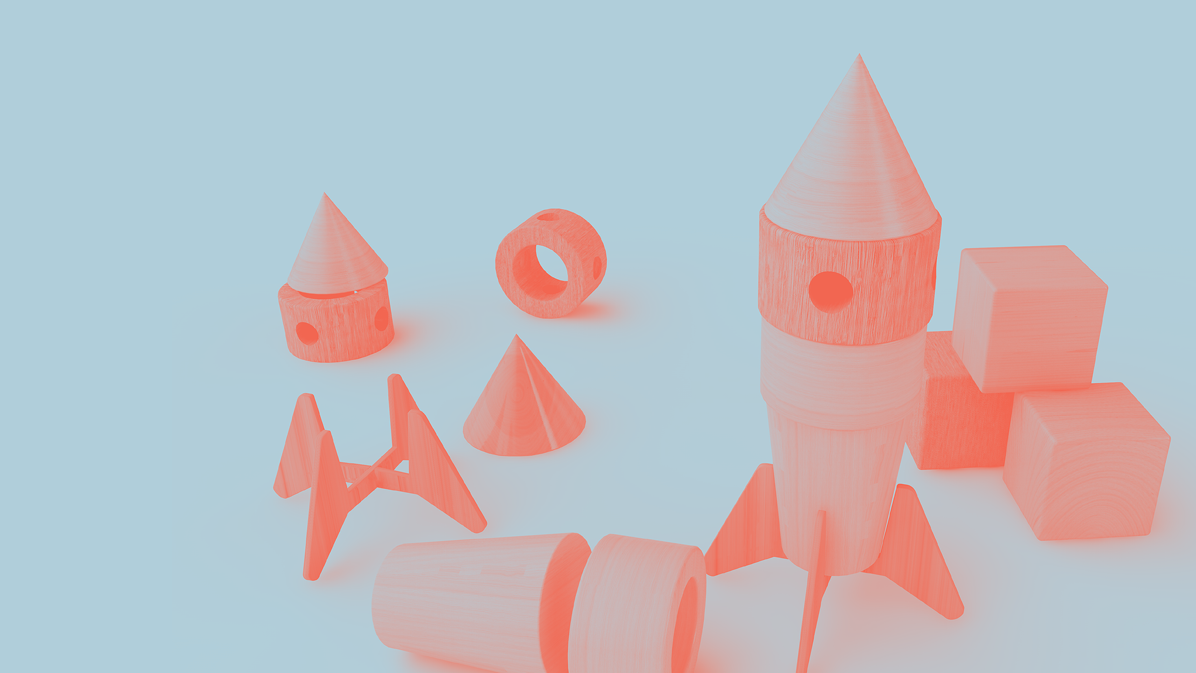
Working in partnership with a local start-up, waste management companies, and the third sector, the city of Porto is providing laptop repair sessions and getting unused or broken laptops back into circulation.
The challenge
Electronic waste is one of the fastest growing streams of waste globally – more than 50 million tonnes of the stuff is generated each year, averaging 7 kg per person. Despite clear potential for reusereuseThe repeated use of a product or component for its intended purpose without significant modification. or remanufacturing due to the high value of materials within them, including precious metals, less than 20% of e-waste is formally collected or recycled. Instead, e-waste sits idle in homes, ends up in landfill or is exported (sometimes illegally) to developing countries. In 2022, the city of Porto collected over 300 tonnes of e-waste, averaging just 1,44 kg per person in the city.
The solution
ReBOOT is a computer recovery, repairrepairOperation by which a faulty or broken product or component is returned back to a usable state to fulfil its intended use. and sharingsharingThe use of a product by multiple users. It is a practice that retains the highest value of a product by extending its use period. project run by Porto City aiming to save money, reduce the use of natural resources, improve digital access, and share knowledge. ReBOOT creates a system for residents to give away unwanted or faulty computers for a second life through local social projects. The project is part of Porto’s plans to become a circular city by 2030.
Citizens and companies can donate their faulty machines either directly to the municipality or to one of the waste management companies supporting the ReBOOT project: LIPOR, PortoAmbiente and European Recycling Platform. Training in computer repairs is provided by project partner Recycle Geeks, enabling citizens to diagnose and repair their own laptop as well as to help to fix the out-of-use machines donated to the programme by citizens and companies.
Once repaired, the machines are then handed over to third sector organisations delivering social projects that have needs for computers. Individuals and organisations can fill in a questionnaire that collects key information and ensures they meet certain criteria. The computers will have an open-source operating system, with the necessary programs to access the internet, process text and spreadsheets, access online meetings and other basic functionalities.
The social value of empowering citizens to repair laptops on their own and improve digital access is an important driver of Porto’s ReBOOT project.
We believe that the circular economy transition has an important social value pillar that is sometimes left out. It’s important to keep it because we see that environmental problems and social problems are very much connected.
Manuel Semedo, Project Manager, City of Porto
By December 2023, the city hopes to collect and repair at least 500 laptops that would otherwise remain out of use or end up in landfill. To raise awareness and engage citizens, the city plans to hold 40 events across the city where citizens can bring their laptops in for repair or donation.
The repair and recirculation of 500 existing laptops is estimated to save 70 tonnes of CO2eq. This is on top of the positive social impacts and the benefit of engaging citizens in sustainable production and consumption habits.
Harnessing local innovation and expertise
Since its outset, the ReBOOT programme aimed to promote the circular economycircular economyA systems solution framework that tackles global challenges like climate change, biodiversity loss, waste, and pollution. It is based on three principles, driven by design: eliminate waste and pollution, circulate products and materials (at their highest value), and regenerate nature. and collaborate with a locally-based innovator. The startup RecycleRecycleTransform a product or component into its basic materials or substances and reprocessing them into new materials. Geeks was chosen for its circular economy alignment as well as its focus on creating social value. Recycle Geeks recovers computer parts from out-of-use equipment and resells them online, either as component parts or as repaired and/or upgraded computers. The company has a unique business model as the profits from selling the recovered parts are shared equally between three parties: Recycle Geeks, the computer donor, and a third-sector organisation of the donor’s choosing. Alternatively, the computer donor can elect for their portion of the profits to also go to their chosen organisation.
It’s amazing what municipalities can achieve by working with young entrepreneurs. They are adaptable to new challenges and they recognise the value of cooperation between private and public sector for the transition to a circular economy. We can work with them to find creative solutions to our problems, and they point out what legislation should be improved and new pathways to work on.
Manuel Semedo, Project Manager, City of Porto

Lessons learned so far
Developing the project has identified other important lessons for Porto and other cities:
New forms of public-private collaboration are needed to create new local systems and unlock the value of materials and products that are already in the city. By working with local innovator Recycle Geeks, the city is also helping nurture a small business that can support the local circular transition and help build desired repair skills among residents. “We have to be creative with small budgets,” said Manuel Semedo. “This is the exciting part of innovation in local government, where you find a start-up that is aligned with projects that your city has and it’s about more than money – it’s about values and the drive to create something good.”
The project has also highlighted that existing waste legislation can create additional hurdles to navigate. Once laptops have been classified as waste, it is very hard to declassify them for reuse. In cooperation with waste management companies, Porto has established a protocol so that damaged computers are no longer called waste but labelled ‘out-of-use equipment’.
Electrical and electronic equipment waste that has been given to waste management companies is often not suitable for refurbishrefurbishReturn a product to good working order. This can include repairing or replacing components, updating specifications, and improving cosmetic appearance. or repair, because of how it has been handled or a lack of components. IT and electrical retailers therefore have a critical role to play encouraging take-back and drop-off schemes. Cooperation with offices and companies also holds the highest potential for sharing out-of-use equipment.
Crucially, the project has been devised and launched on a small budget, demonstrating that cities of all sizes have the potential to deliver creative projects that foster innovation and drive social impact, while supporting city environment goals.







